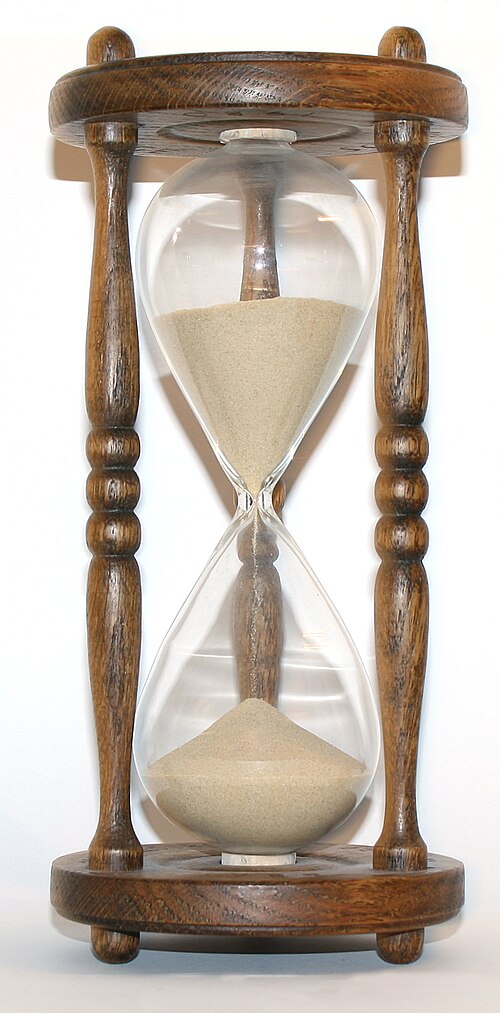Celatonenoun
(historical) A device invented by Galileo Galilei to observe Jupiter's moons with the purpose of finding longitude on Earth. It took the form of a piece of headgear with a telescope taking the place of an eyehole.
Celatone
The celatone was a device invented by Galileo Galilei to observe Jupiter's moons with the purpose of finding longitude on Earth. It took the form of a piece of headgear with a telescope taking the place of an eyehole.
Longitudenoun
(geography) Angular distance measured west or east of the prime meridian.
Longitudenoun
Any imaginary line perpendicular to the equator and part of a great circle passing through the North Pole and South Pole.
Longitudenoun
(archaic) Length.
Longitudenoun
Length; measure or distance along the longest line; - distinguished from breadth or thickness; as, the longitude of a room; rare now, except in a humorous sense.
Longitudenoun
The arc or portion of the equator intersected between the meridian of a given place and the meridian of some other place from which longitude is reckoned, as from Greenwich, England, or sometimes from the capital of a country, as from Washington or Paris. The longitude of a place is expressed either in degrees or in time; as, that of New York is 74° or 4 h. 56 min. west of Greenwich.
Longitudenoun
The distance in degrees, reckoned from the vernal equinox, on the ecliptic, to a circle at right angles to the ecliptic passing through the heavenly body whose longitude is designated; as, the longitude of Capella is 79°.
Longitudenoun
an imaginary great circle on the surface of the earth passing through the north and south poles at right angles to the equator;
Longitude
Longitude (, AU and UK also ) is a geographic coordinate that specifies the east–west position of a point on the Earth's surface, or the surface of a celestial body. It is an angular measurement, usually expressed in degrees and denoted by the Greek letter lambda (λ).











